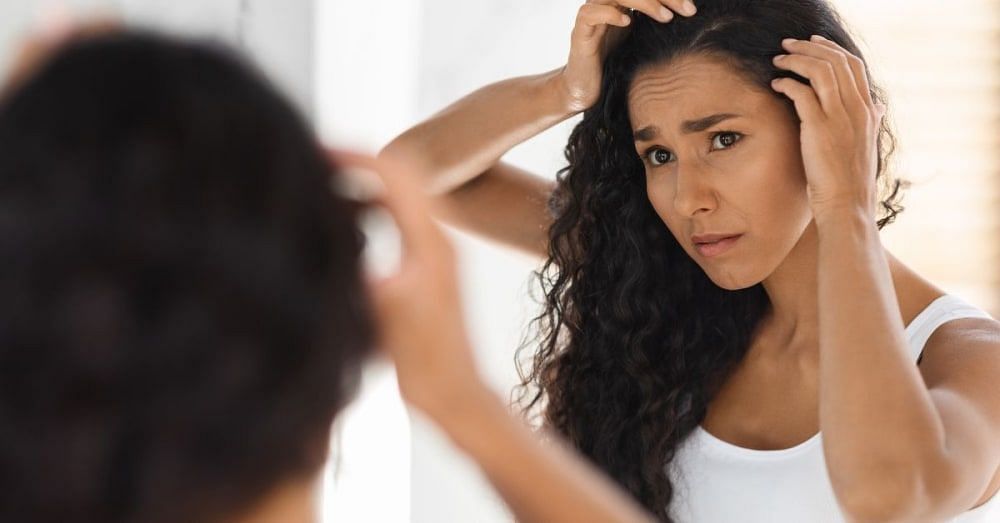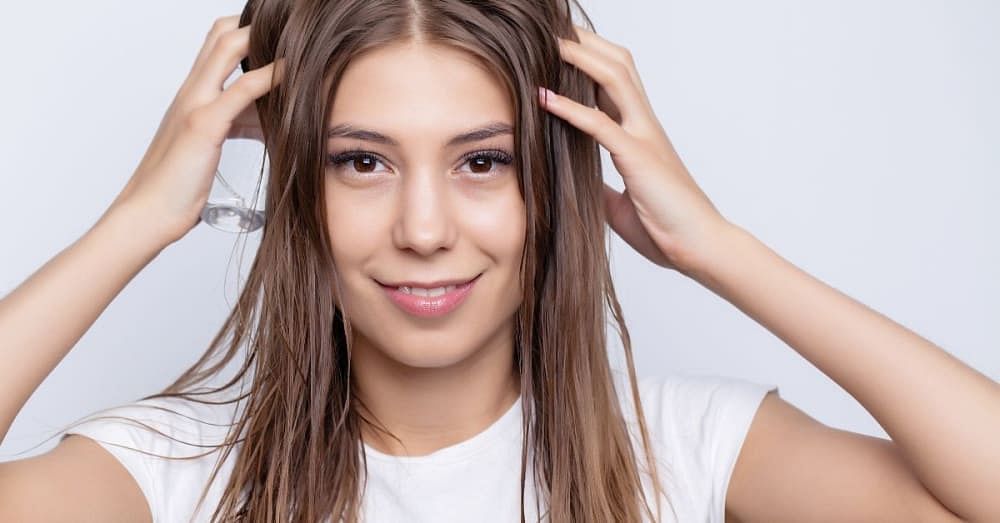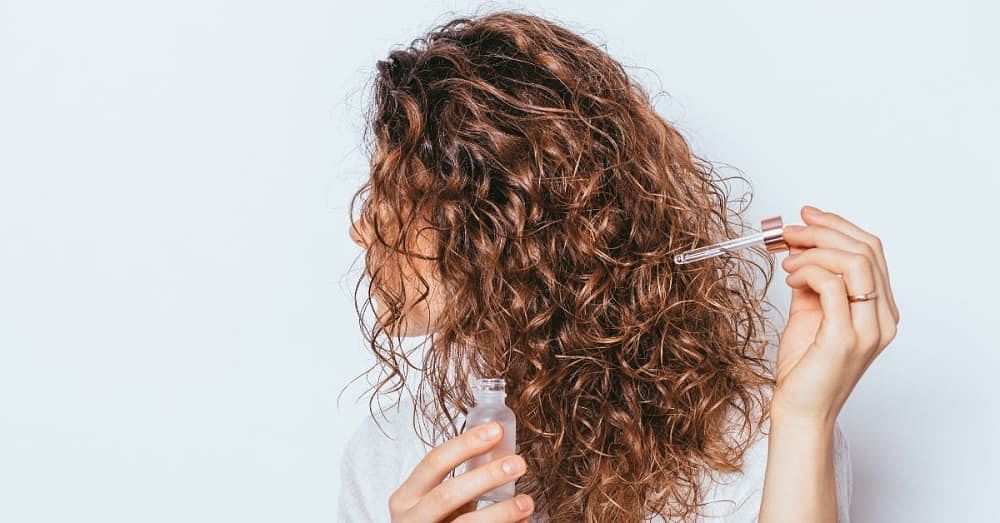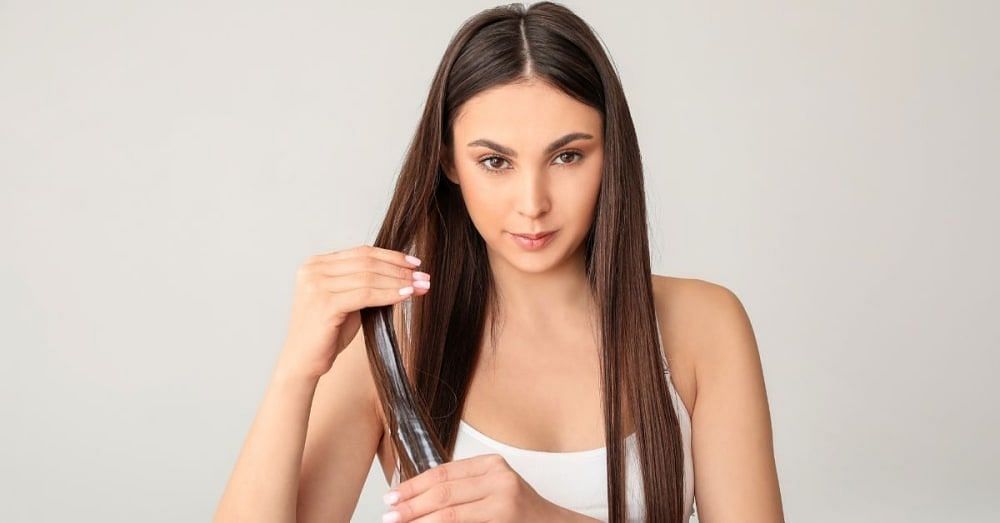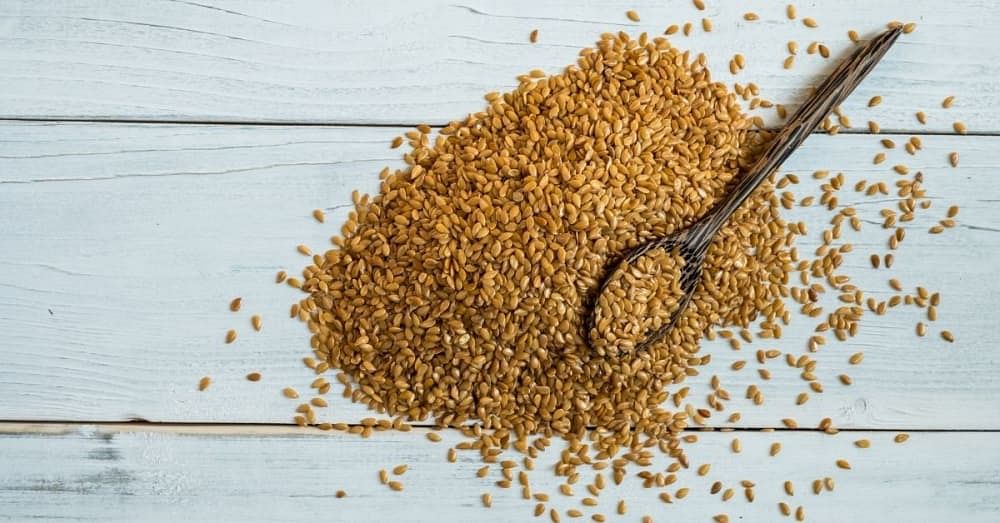Everyone desires strong, shiny, and easy-to-manage hair. However, getting there can be difficult. Most of us have some kind of hair problem that prevents us from having a healthy head of hair.
When it comes to your hair type, strength, and volume, your genes do play a role. However, this does not imply that you have no control over your hair.
This article will look at 14 steps you can take to strengthen your strands, increase hair growth, and improve the look, feel, and health of your hair.

How to Make Hair Roots Strong
1. Eggs
Eggs are rich in protein, which is essential for strong, thick hair.
To use an egg treatment:
- Beat 1 or 2 eggs together.
- Apply the mixture to damp hair and the scalp.
- Allow it to sit on your scalp for about 30 minutes.
- Warm water and a mild shampoo should be used to cleanse the hair thoroughly.
Alternately, combine the eggs with oil and water. To try this method:
- Combine egg yolks, 1 tablespoon olive oil, and 2 tablespoons water.
- Apply the mixture to the scalp and hair after it has dried.
- Allow it to sit for 15 minutes.
- Use warm water and gentle shampoo to remove it.
- For several weeks, using an egg treatment once or twice a week may help strengthen and thicken the hair.
2. Olive oil
Olive oil is rich in omega-3 fatty acids and other important nutrients for overall health, including hair health. When applied directly to the scalp, olive oil promotes thicker hair. It may also soften the hair and moisturise dry scalp areas.
To use olive oil:
- Heat the oil up to body temperature.
- Warm oil should be massaged into the scalp and hair.
- Allow it to sit for 30–45 minutes.
- Use a gentle shampoo to remove it.
Some people combine olive oil with honey. Others advise applying the oil overnight while wearing a shower cap.
3. Proper Nutrition
A healthy diet rich in healthy fats, protein, and vitamins can help thicken thinning or thin hair. Thin hair, in fact, can indicate that a person is not getting enough nutrients.
Anyone with thin hair should consider including some of the nutrient-rich foods listed below in their diet:
- Salmon is high in protein and fatty acids.
- eggs, which are high in protein, omega-3 fatty acids, and iron walnuts, almonds, and other nuts, which are high in fatty acids
- Greek yoghurt, which is high in protein, green, black, pinto, or other beans, which are high in protein
Every day, a person may include 1 or 2 servings of any of these foods in their diet. Even 3 or 4 servings per week may improve hair health.
4. Orange puree
Oranges contain vitamin C, pectin, and acid, which can benefit hair in various ways.
The vitamins and nutrients may improve the hair's natural sheen, making it appear thicker.
The acid aids in the breakdown of residue from hair products that may obstruct hair growth. Unlike some other treatments, Orange puree has a pleasant scent.
Blend fresh oranges to make the puree, then massage the mixture into the hair and scalp. Allow it to sit for about an hour before washing it off.
Following this treatment, a person's hair may benefit from a light conditioner to rehydrate.

5. Aloe Gel
The Aloe vera plant may have a variety of skin, scalp, and hair health benefits.
Directly applying aloe oil to the hair and scalp may help to strengthen and thicken the hair over time. Aloe is used as an active ingredient in a variety of commercial treatments, including gels and creams.
Try rubbing pure aloe gel into the hair and scalp for 30 minutes before washing it out for a homemade treatment. Some people combine aloe and coconut or olive oil.
This treatment could be used once or twice a week.
6. Avocado
Avocado is high in vitamin E and is widely regarded as a good moisturiser. A simple avocado rub could be used twice a week.
To make an avocado rub:
- Combine 1 avocado's fruit with 1 tablespoon olive oil.
- Apply the mixture to your scalp and hair.
- Allow it to sit for 30 minutes.
- Wash your hair thoroughly with a gentle shampoo.
7. Castor oil
Castor oil contains vitamin E and fatty acids, which may benefit hair health.
A person can rub the oil into their scalp and hair until it is completely coated. Allow it to sit for about 30 minutes before washing it off.
8. Coconut oil
According to a 2015 study, coconut oil can penetrate hair strands and prevent breakage and split ends.
Another 2015 study discovered that coconut oil can thicken and stimulate hair growth.
9. Rosemary oil
People can apply rosemary oil to their scalp directly or mix it into their regular shampoo.
In 2015, a study investigated the effects of rosemary oil and minoxidil (Rogaine) on people with androgenetic alopecia. It was discovered that rosemary oil was just as effective as the medication in reducing scalp itchiness.
10. Hairstyling and scalp massage
According to the American Academy of Dermatology Association (AAD), thin hair is fragile and prone to damage. The organisation offers these hints to people who are experiencing hair loss:
- utilising a gentle shampoo that does not strip away moisture
- applying a moisturising conditioner after washing and conditioning to prevent frizz and breakage
- before blow-drying the hair, wrap it in a microfiber towel
The AAD also advises against using curling or flat irons, as these can cause hair damage. Other styling options may also be reconsidered. Pulling the hair back in a ponytail or bun, for example, can cause permanent hair loss over time.

11. Scalp massage
According to a 2016 study, massaging the scalp can help thicken the hair. 24-week massage treatment was found to increase hair thickness.
12. Microneedling
This procedure, also known as micro-rolling, involves shaving the scalp and pricking it with tiny, sterilised needles in a handheld tool.
Microneedling stimulates hair follicles, and a 2013 study found that it may help with regrowth, fullness, and thickness when combined with topical minoxidil.
13. Medications
The University of Michigan Health System mentions two medications that can help slow hair thinning and thicken hair shafts:
- Minoxidil (Rogaine): Men's and women's versions are available without a prescription, and users can spray or rub it into their scalp twice a day. This medication, however, does not cure baldness and does not cause hair to grow faster. When a person discontinues use of this product, the new hair may fall out within a few months.
- Finasteride (Propecia): This prescription treatment entails taking a daily pill, but it is not appropriate for women. Find out more about finasteride here.
14. Foods that Make Hair Roots Strong
As previously stated, foods high in vitamins A, B, C, D, and E are beneficial to strengthening hair roots. This is the first tip for strengthening hair roots.
- Vitamin A: Incorporate a variety of colourful vegetables and fruits into your daily diet. Consume two whole fruits per day. Broccoli, sweet potatoes, carrots, pumpkin, spinach, lettuce, bell pepper, squash, milk, eggs, and yoghurt are some examples.
- Vitamin B: Egg yolk, liver and other organ meats, salmon, avocados, nuts and seeds, leafy greens, legumes, and dairy products all contain this nutrient. Regular consumption of almonds provides hair proteins and promotes healthy hair growth.
- Vitamin C: Citrus fruits, strawberries, bell peppers, tomatoes, and Indian gooseberry or Amla are all good sources of Vitamin C for hair. It contains micronutrients and detoxifies the hair roots.
- Vitamin D: is fatty fish, egg yolk, mushrooms, and fortified foods such as milk and orange juice Buttermilk promotes calcium absorption, which is essential for hair growth.
- Vitamin E: Sunflower seeds, almonds, spinach, and avocados are all good sources. Walnuts are high in Vitamin E and thus promote lush hair growth.
- Omega-3 fatty acid: Fatty fish, nuts, seeds, and avocados all contain it. This is a good fat that keeps hair shiny and full.
Summing Up
To achieve strong, healthy hair, you must work on all fronts.
While avoiding heat damage and overwashing is important, what you put into your body is equally important. Eating a well-balanced diet rich in vitamins, minerals, and protein sources can help improve the health of your hair and scalp.
If you notice that your hair is becoming more prone to breakage or that you are losing more hair than usual, consult your doctor. Hair loss is common in many women, but it can also indicate an underlying health problem. In such a case, make sure you book an appointment with your doctor.
References
Nelson Prager, A randomized, double-blind, placebo-controlled trial to determine the effectiveness of botanically derived inhibitors of 5-alpha-reductase in the treatment of androgenetic alopecia - https://pubmed.ncbi.nlm.nih.gov/12006122/
Minoxidil Topical - https://medlineplus.gov/druginfo/meds/a689003.html
Taro Koyama, 2016; Standardized Scalp Massage Results in Increased Hair Thickness by Inducing Stretching Forces to Dermal Papilla Cells in the Subcutaneous Tissue - https://www.ncbi.nlm.nih.gov/pmc/articles/PMC4740347/
Zuzanna Sabina Goluch-Koniuszy, 2016; Nutrition of women with hair loss problem during the period of menopause - https://www.ncbi.nlm.nih.gov/pmc/articles/PMC4828511/
Maria Fernanda Reis Gavazzoni Dias, 2015; Hair Cosmetics: An Overview - https://www.ncbi.nlm.nih.gov/pmc/articles/PMC4387693/
Rachita Dhurat, A Randomized Evaluator Blinded Study of Effect of Microneedling in Androgenetic Alopecia: A Pilot Study - https://www.ncbi.nlm.nih.gov/pmc/articles/PMC3746236/


